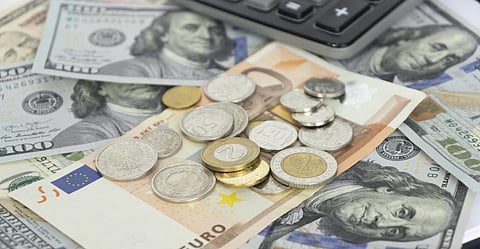

The provisions outlined in the text aim to establish key obligations and requirements for Parties to effectively combat plastic pollution through a comprehensive framework.
Firstly, Parties are mandated to allocate necessary resources, including domestic and international funding, to support national activities for implementing the instrument. Private sector financing is encouraged to supplement these efforts, facilitating funding for critical initiatives aimed at mitigating plastic pollution.
Secondly, there is a strong emphasis on supporting developing countries, with Parties and multilateral organisations urged to increase support through finance, capacity-building and technology transfer. Special attention is given to the needs and circumstances of Small Island Developing States (SIDS) and least developed countries (LDC), ensuring that they receive tailored assistance to combat plastic pollution.
Establishment of a dedicated financial mechanism forms a cornerstone of this framework. It is designed to provide predictable, sustainable and adequate resources to support implementation efforts in developing countries, particularly SIDS and LDCs. This mechanism is funded by contributions from all sources, encompassing both domestic and international public and private funding.
Moreover, each Party is required to establish a plastic pollution fee to be paid by plastic polymer producers within their jurisdictions. The modalities and procedures for implementing this global plastic pollution fee are determined by the governing body, contributing to the financial mechanism established to combat plastic pollution effectively.
Lastly, the provisions highlight the importance of managing financial flows effectively, directing resources away from projects that contribute to plastic emissions and releases while increasing support for initiatives that prevent or reduce plastic pollution and enhance development of waste management infrastructure. Together, these provisions underscore a comprehensive approach to combatting plastic pollution, promoting financial support, capacity-building and regulatory measures with a global focus on sustainable solutions.
Norway and the European Union have suggested a strong financial mechanism for plastic pollution. The mechanism will not work through a dedicated fund, but by mobilising private, public, domestic and international funds. Ghana put up the proposal for the Global Plastic pollution fee (GPPF).
The African group has proposed to establish a dedicated fund to provide financial resources for developing countries. The idea of a dedicated fund was also supported by China, India and Iran. However, they disagreed to the idea of plastic polluters paying for environmentally sound management of plastic pollution.
The United States has proposed that each Party should mobilise their own resources such as domestic funds, bilateral funds and national budgets for national activities.
Iran, in a bizzare submission, proposed that developed countries be mandated to support developing countries whose economies depend on fossil fuels and its allied products like plastics.
To download the whole report, click here.
This is a click to zoom map. View the larger image by clicking on it